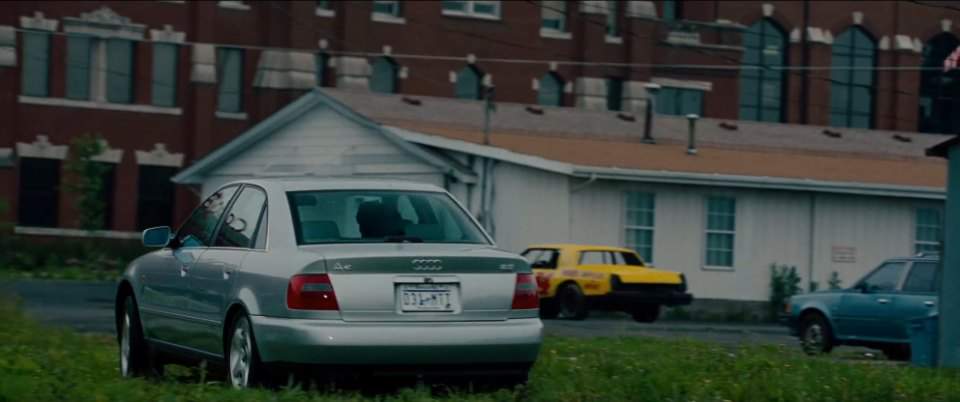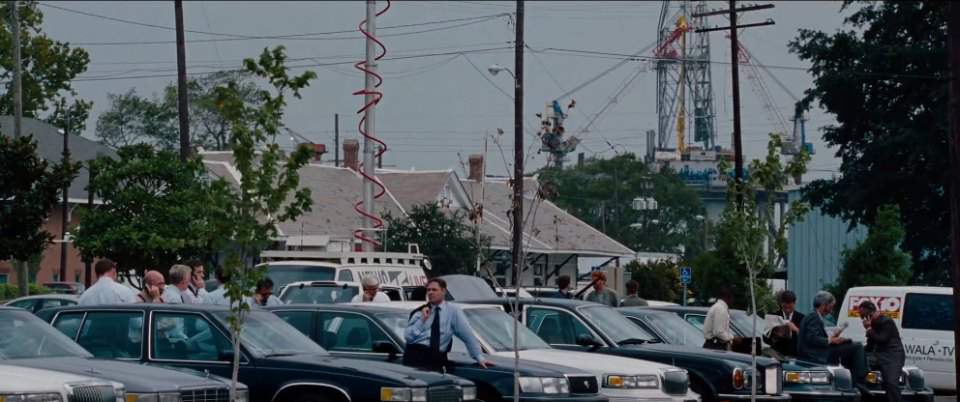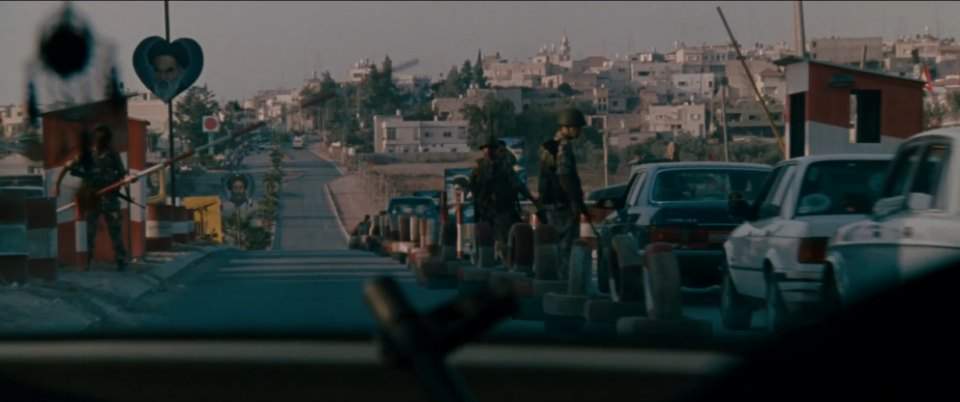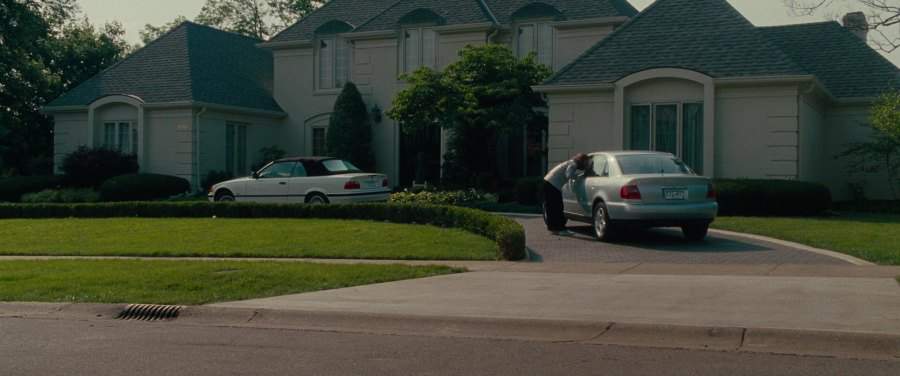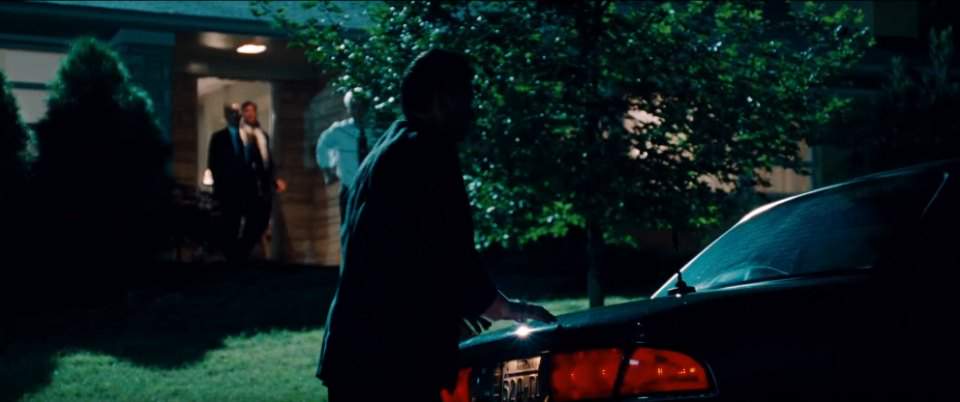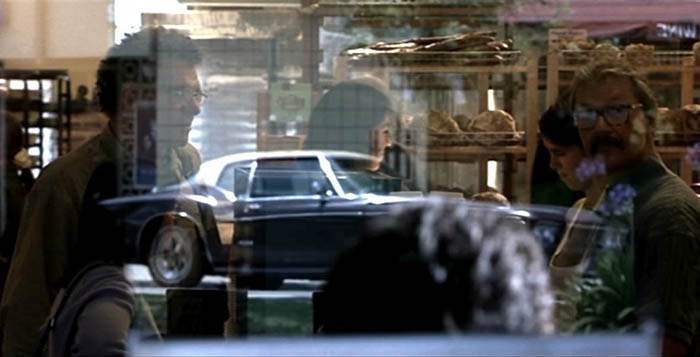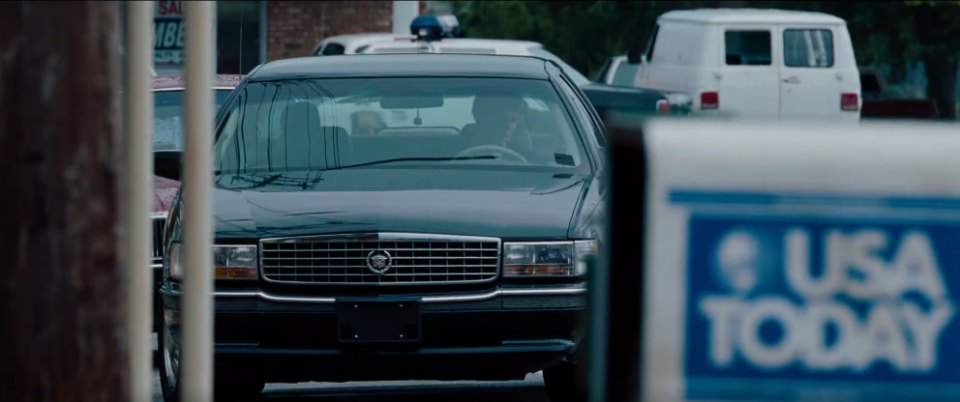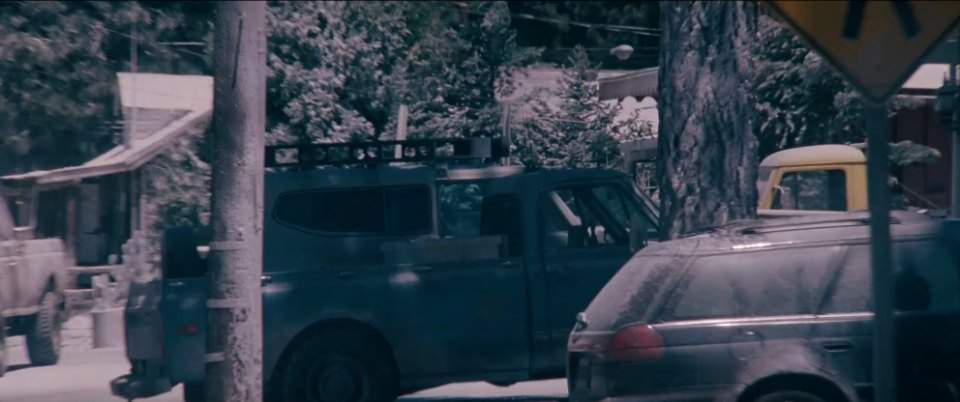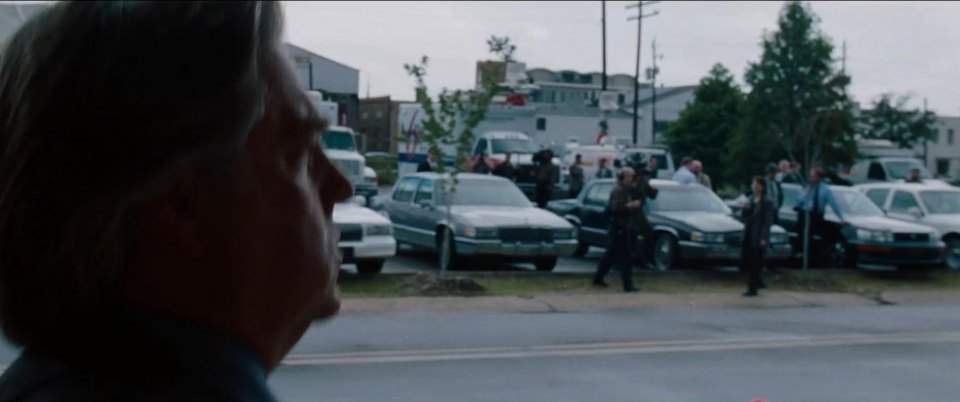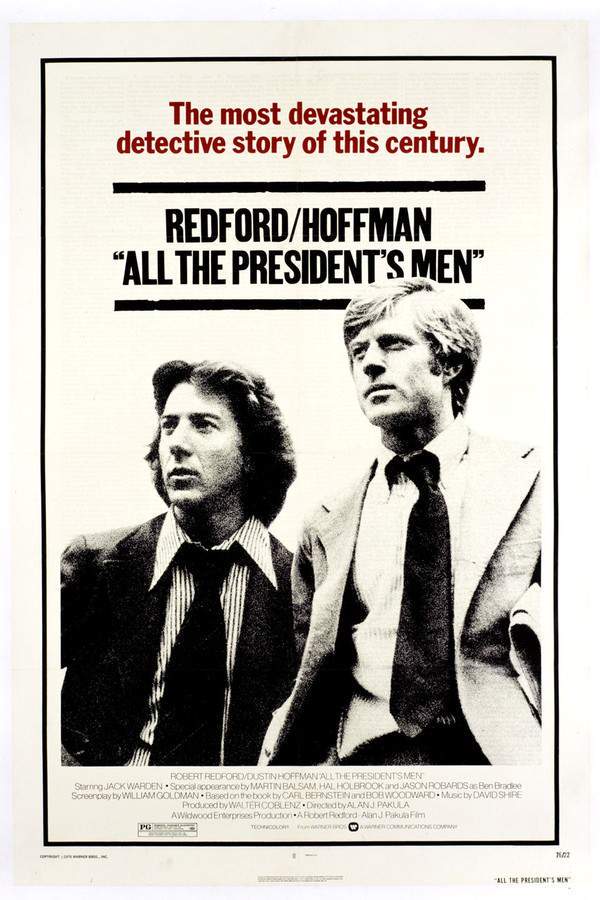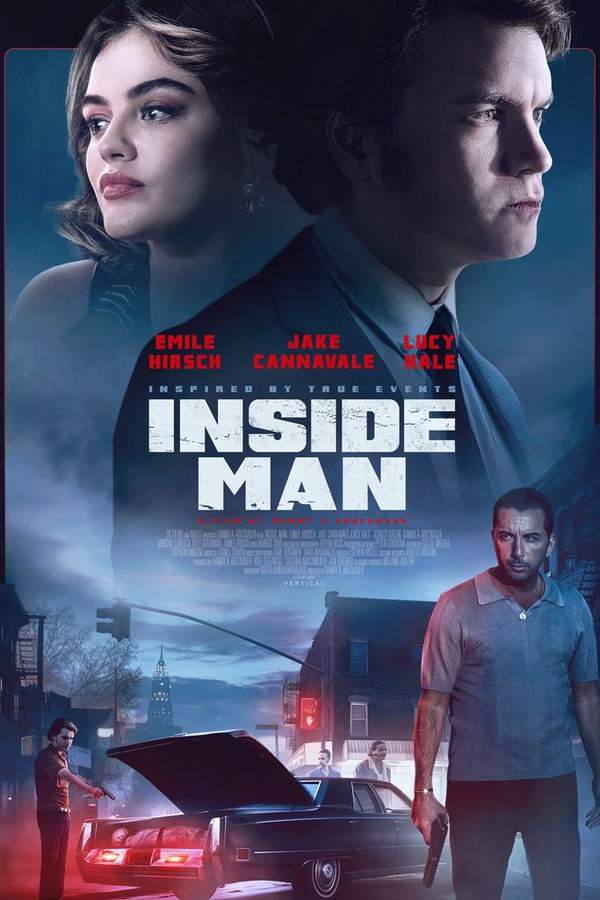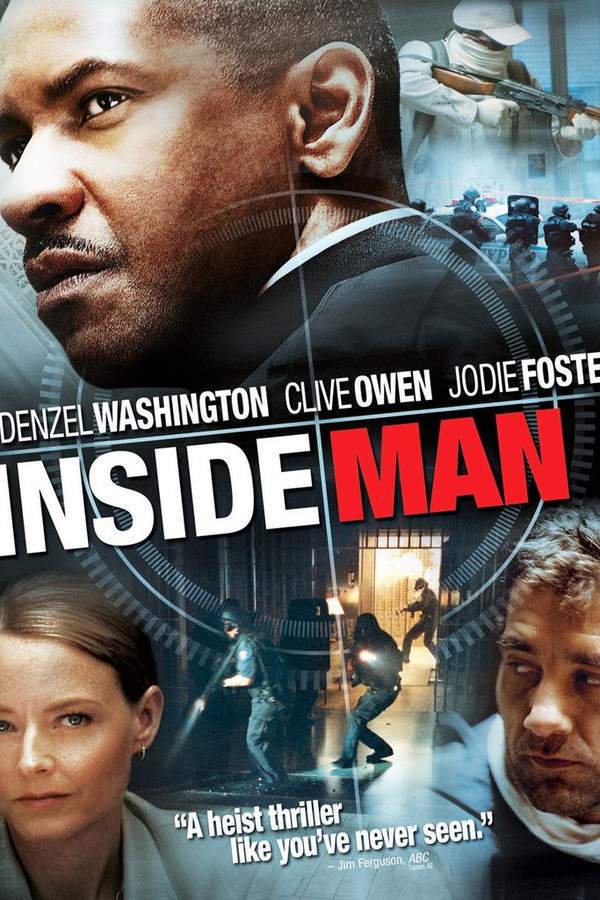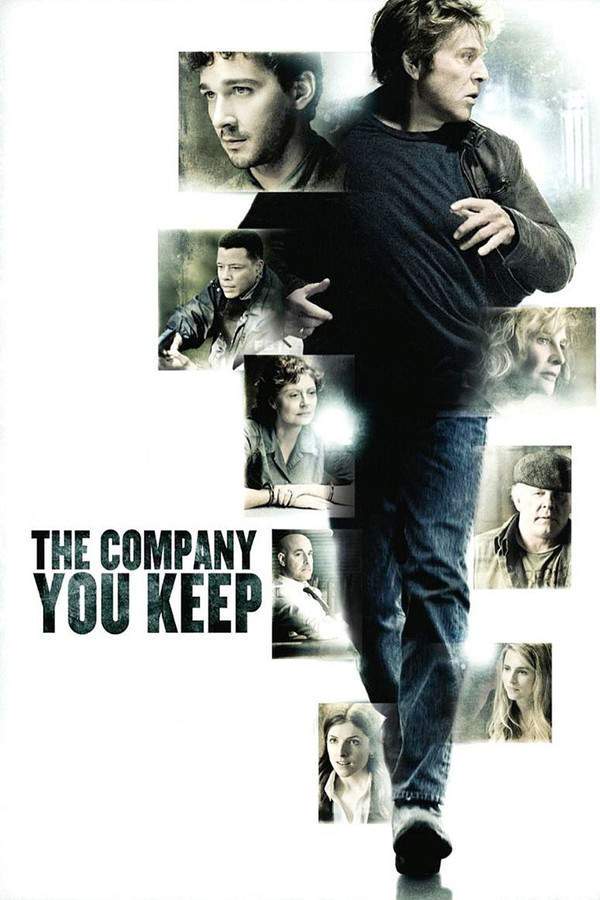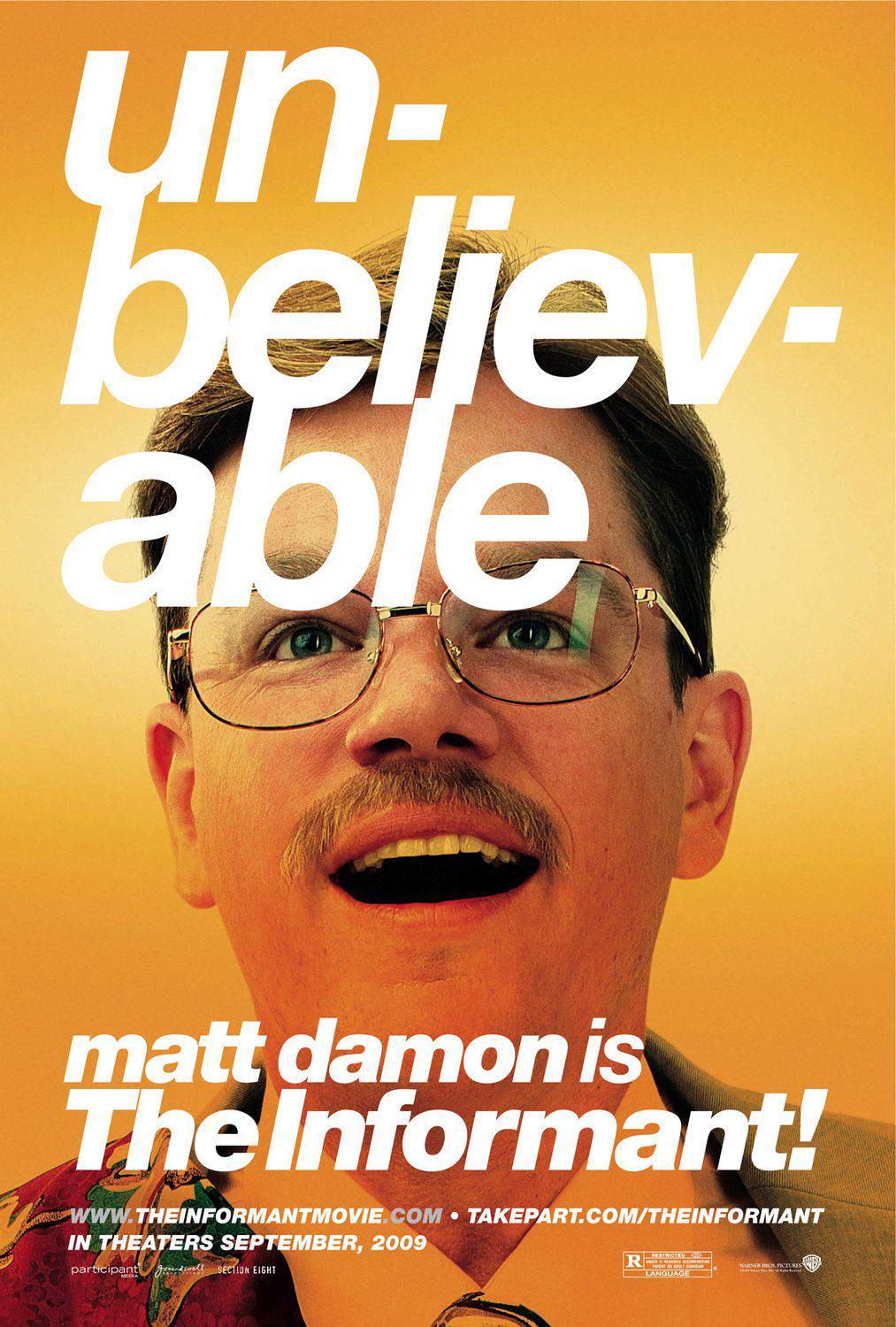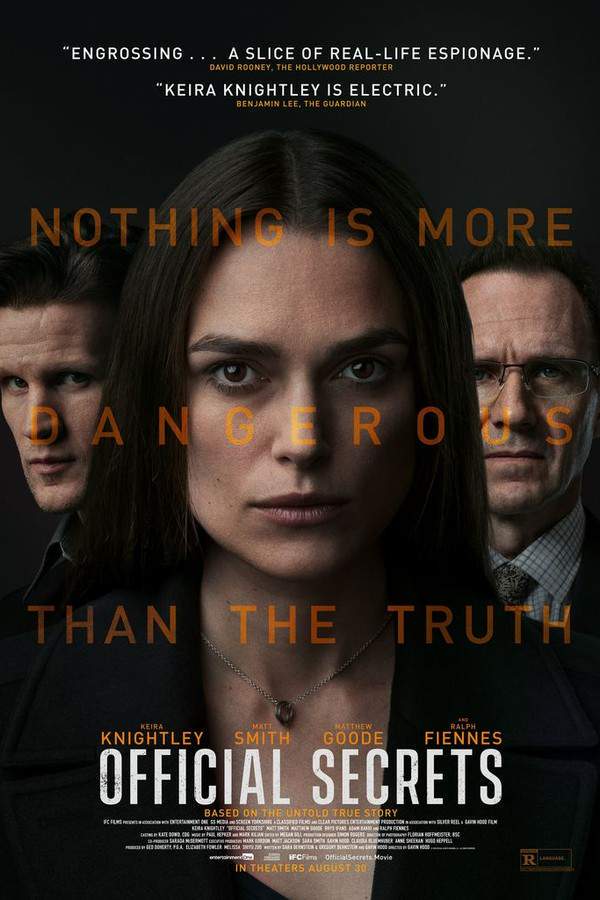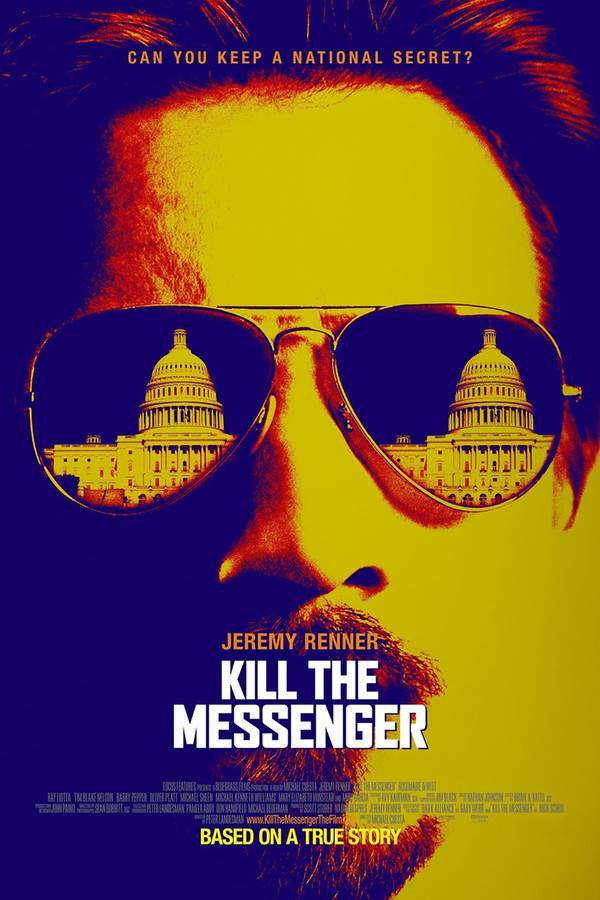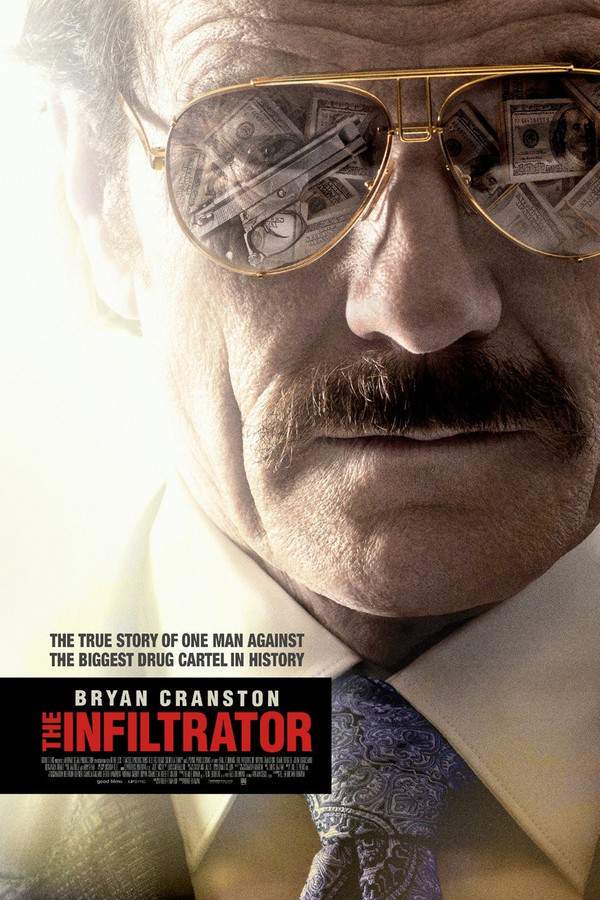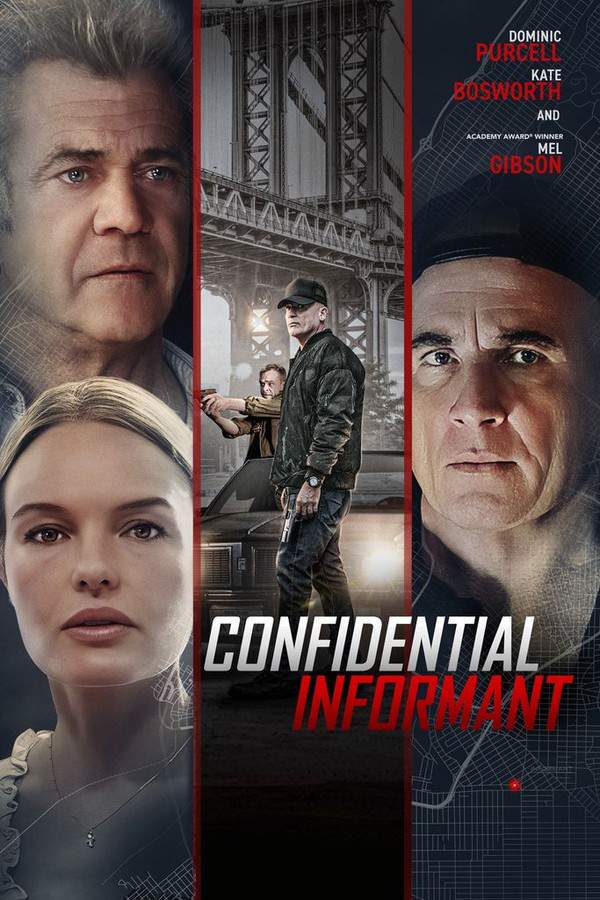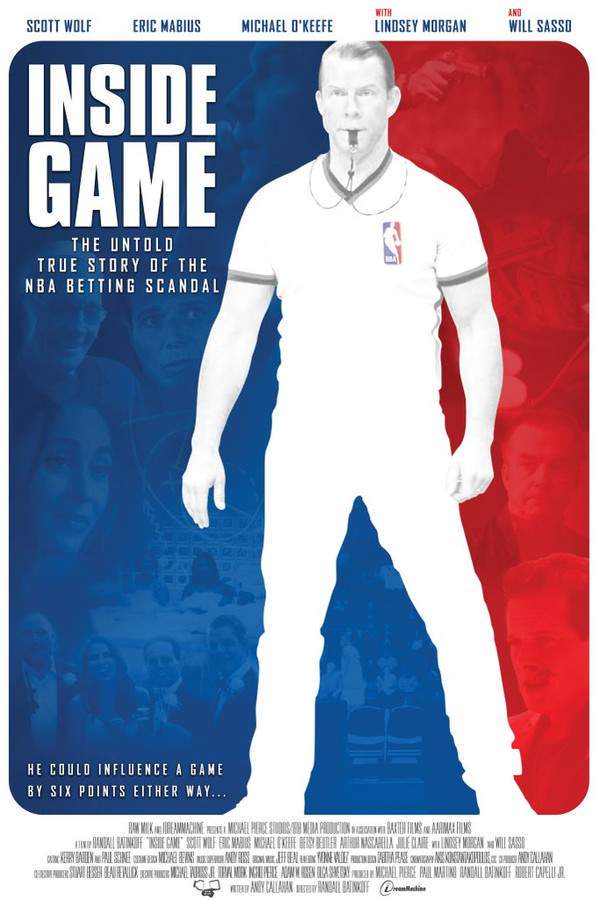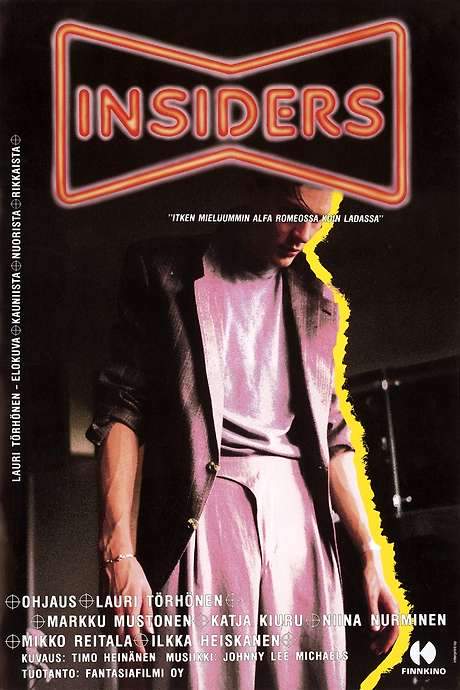The Insider 1999
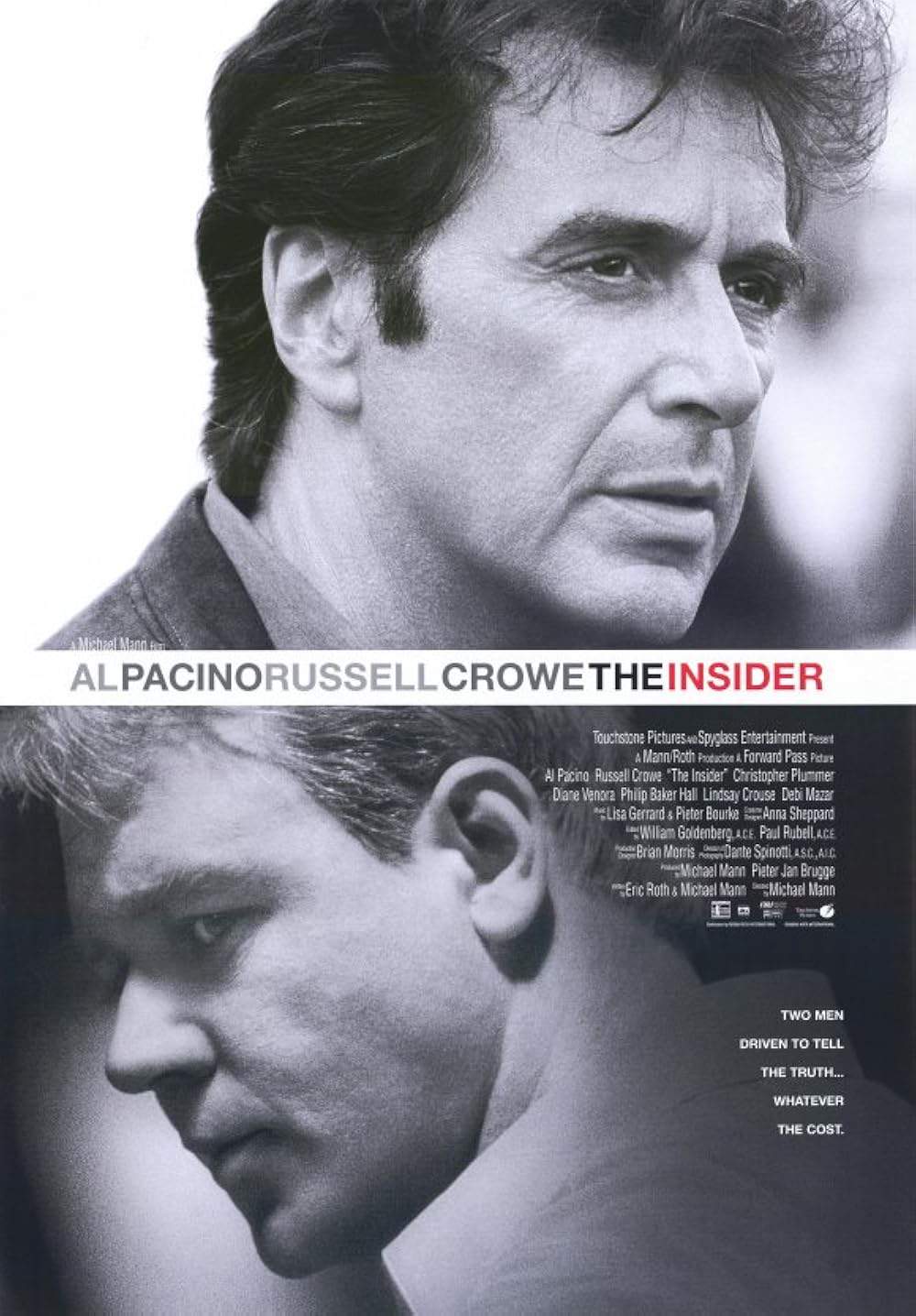
A city faces potential collapse as detectives pursue a mysterious mastermind in a tense cat-and-mouse game. A tangled web of lies is exposed, leading to a startling revelation about an unassuming individual who has been secretly orchestrating a series of violent crimes. The investigation delves into the individual’s motives and the extent of their influence, threatening to destabilize the city.
Does The Insider have end credit scenes?
No!
The Insider does not have end credit scenes. You can leave when the credits roll.
Meet the Full Cast and Actors of The Insider
Explore the complete cast of The Insider, including both lead and supporting actors. Learn who plays each character, discover their past roles and achievements, and find out what makes this ensemble cast stand out in the world of film and television.
External Links and Streaming Options
Discover where to watch The Insider online, including streaming platforms, rental options, and official sources. Compare reviews, ratings, and in-depth movie information across sites like IMDb, TMDb, Wikipedia or Rotten Tomatoes.
Ratings and Reviews for The Insider
See how The Insider is rated across major platforms like IMDb, Metacritic, and TMDb. Compare audience scores and critic reviews to understand where The Insider stands among top-rated movies in its genre.

85
Metascore
8.0
User Score

7.8 /10
IMDb Rating
Take the Ultimate The Insider Movie Quiz
Challenge your knowledge of The Insider with this fun and interactive movie quiz. Test yourself on key plot points, iconic characters, hidden details, and memorable moments to see how well you really know the film.
The Insider Quiz: Test your knowledge about the gripping true story behind the tobacco industry and whistleblowing in 'The Insider'.
Who plays the role of investigative journalist Lowell Bergman?
Al Pacino
Russell Crowe
John Travolta
Philip Seymour Hoffman
Show hint
Awards & Nominations for The Insider
Discover all the awards and nominations received by The Insider, from Oscars to film festival honors. Learn how The Insider and its cast and crew have been recognized by critics and the industry alike.
72nd Academy Awards 2000

Cinematography

Film Editing
Best Picture
Sound

53rd British Academy Film Awards 2000

5th Critics' Choice Awards 2000

6th Screen Actors Guild Awards 2000

52nd Directors Guild of America Awards 2000

57th Golden Globe Awards 2000
Best Motion Picture – Musical or Comedy



Best Original Score – Motion Picture
Full Plot Summary and Ending Explained for The Insider
Read the complete plot summary of The Insider, including all major events, twists, and the full ending explained in detail. Explore key characters, themes, hidden meanings, and everything you need to understand the story from beginning to end.
In Lebanon, Hezbollah militants guide producer Lowell Bergman to meet Sheikh Fadlallah, the founder of Hezbollah. During this encounter, Lowell successfully persuades him to participate in an interview with Mike Wallace (Plummer) for the renowned CBS program 60 Minutes. Meanwhile, in Louisville, Kentucky, Jeffrey Wigand is seen packing his things as he departs from his office at Brown and Williamson. He returns to his family, which includes his wife Liane (Venora) and their two children, one of whom suffers from severe asthma. When Liane inquires about the boxes in his car, Wigand discloses that he lost his job that very morning.
Back in Berkeley, California, Bergman receives an anonymous package containing pivotal documents related to the tobacco giant Philip Morris. Seeking assistance, he contacts a friend at the FDA to obtain a translator’s name and is led to Wigand. Initially resistant, Wigand ultimately agrees to meet with Bergman at the Seelbach Hotel in Louisville. In the confidentiality of their hotel room, Wigand consents to translate the tobacco documents but insists he cannot disclose any further information due to a confidentiality agreement.
After their meeting, Wigand is summoned by Brown and Williamson CEO Thomas Sandefur (Gambon), who pressures him to sign an expanded confidentiality agreement, threatening the revocation of his severance pay and legal action. Fueled by anger and suspicion that Bergman has disclosed their confidential discussion, Wigand confronts him over the phone.
The following day, Bergman visits Wigand at his home, explaining that he hasn’t shared anything with Brown and Williamson. This reassurance allows Wigand to open up about the CEOs of Big Tobacco lying to Congress regarding their knowledge of nicotine addiction, highlighting the power Wigand holds against them. Bergman urges him to decide for himself whether he’s willing to expose the tobacco industry.
After returning to CBS headquarters in New York City, Bergman discusses Wigand’s predicament with Wallace, contemplating the impact he could have on Big Tobacco. They face legal counsel who warns them that Wigand’s confidentiality agreement coupled with the vast resources of Big Tobacco poses a substantial risk of litigation that could silence him. Bergman suggests that a court could compel Wigand to testify, potentially providing protection if he goes through with the 60 Minutes interview.
As the Wigand family transitions to a smaller, more affordable home, Wigand embarks on a new career teaching high school chemistry and Japanese. One night, his daughter wakes him, alerting him to suspicious noises outside. Upon inspecting the area, he finds a fresh shoe print in his garden, which feeds his paranoia. Later, at dinner with Bergman, they discuss incriminating incidents from Wigand’s past that could be leveraged against him, yet he remains confident that they should not affect his testimony.
Bergman reaches out to Richard Scruggs (Feore) and Ron Motley (McGill), who, alongside the attorney general of Mississippi, Mike Moore, are suing Big Tobacco to reclaim Medicaid resources spent on tobacco-related health issues. They express interest in Wigand’s situation and encourage him to reach out. However, amidst escalating threats, including a bullet found in his mailbox, Wigand contacts the FBI for protection, although they question his mental state, confiscating his computer.
Angry for the danger posed to his family, Wigand calls Bergman, insisting on flying to New York to record his testimony. During the interview with Wallace, Wigand explains how Brown and Williamson enhanced nicotine absorption in the lungs to increase its addictive potential, openly admitting that they disregarded public health in pursuit of profit.
After settling into his teaching role in Louisville, Wigand meets with Scruggs. He soon realizes that Bergman has arranged for security personnel to protect him, yet the pressure strains his marriage, as Liane expresses her struggles. Soon, Wigand is served a restraining order from Kentucky prohibiting him from testifying, a tactic used by Brown and Williamson’s attorneys. Though this order is nullified in Mississippi, the looming threat of imprisonment weighs heavily on him. Ultimately, Wigand decides to give his deposition, where he asserts that nicotine behaves like a drug. Following his testimony, he returns home only to find that Liane and the children have left him.
At this juncture, the narrative pivots towards Bergman. He attends a critical meeting with CBS Corporate regarding Wigand’s interview. They uncover a new legal concept called Tortious interference, indicating that increased truthfulness from Wigand could lead CBS into a multi-billion dollar lawsuit from Big Tobacco. Corporate interests propose to edit the interview to mitigate risks, but Bergman passionately disagrees, feeling that such actions would compromise their journalistic integrity. In a desperate bid to uphold the truth, Bergman insists that the uncensored interview must air.
In retaliation, Big Tobacco launches a smear campaign against Wigand, unearthing personal details and creating a damaging dossier. Recognizing this as a necessity to act, Bergman navigates the information with the Wall Street Journal to counter the misinformation. Despite difficulties at CBS, including being ordered on vacation due to conflicts with management, Bergman continues to fight for the truth.
Eventually, the edited interview airs, leading Bergman to attempt contacting Wigand, who initially does not respond. When he finally connects with Wigand, tensions rise as Wigand accuses him of manipulation. Bergman implores Wigand, emphasizing the importance of his truth and the rarity of heroes like him. Following this, Bergman informs the New York Times about the discrepancies surrounding the 60 Minutes interview, inciting a scathing critique of CBS for compromising its esteemed journalistic standards, while the Wall Street Journal defends Wigand, exposing Big Tobacco’s smear campaign as a disgraceful tactic.
In the film’s concluding moments, 60 Minutes ultimately broadcasts the full, unedited interview with Wigand. The narrative culminates with Bergman confiding in Wallace about his resignation, boldly stating that the damage done to the network’s legacy cannot be repaired. The camera captures him departing the building, with a series of title cards revealing the $246 billion settlement reached with Big Tobacco and honoring Wigand’s achievements as a dedicated teacher awarded the Sallie Mae First Class Teacher of the Year prize in 1996. Meanwhile, Bergman finds his path leading him to the PBS program Frontline and to a teaching role at the Graduate School of Journalism at the University of California, Berkeley.
Uncover the Details: Timeline, Characters, Themes, and Beyond!

Coming soon on iOS and Android
The Plot Explained Mobile App
From blockbusters to hidden gems — dive into movie stories anytime, anywhere. Save your favorites, discover plots faster, and never miss a twist again.
Sign up to be the first to know when we launch. Your email stays private — always.
Watch Trailers, Clips & Behind-the-Scenes for The Insider
Watch official trailers, exclusive clips, cast interviews, and behind-the-scenes footage from The Insider. Dive deeper into the making of the film, its standout moments, and key production insights.
Cars Featured in The Insider
Explore all cars featured in The Insider, including their makes, models, scenes they appear in, and their significance to the plot. A must-read for car enthusiasts and movie buffs alike.
The Insider Themes and Keywords
Discover the central themes, ideas, and keywords that define the movie’s story, tone, and message. Analyze the film’s deeper meanings, genre influences, and recurring concepts.
The Insider Other Names and Titles
Explore the various alternative titles, translations, and other names used for The Insider across different regions and languages. Understand how the film is marketed and recognized worldwide.
Similar Movies To The Insider You Should Know About
Browse a curated list of movies similar in genre, tone, characters, or story structure. Discover new titles like the one you're watching, perfect for fans of related plots, vibes, or cinematic styles.
Quick Links: Summary, Cast, Ratings, More

What's After the Movie?
Not sure whether to stay after the credits? Find out!
Explore Our Movie Platform
New Movie Releases (2026)
Famous Movie Actors
Top Film Production Studios
Movie Plot Summaries & Endings
Major Movie Awards & Winners
Best Concert Films & Music Documentaries
Movie Collections and Curated Lists
© 2026 What's After the Movie. All rights reserved.















